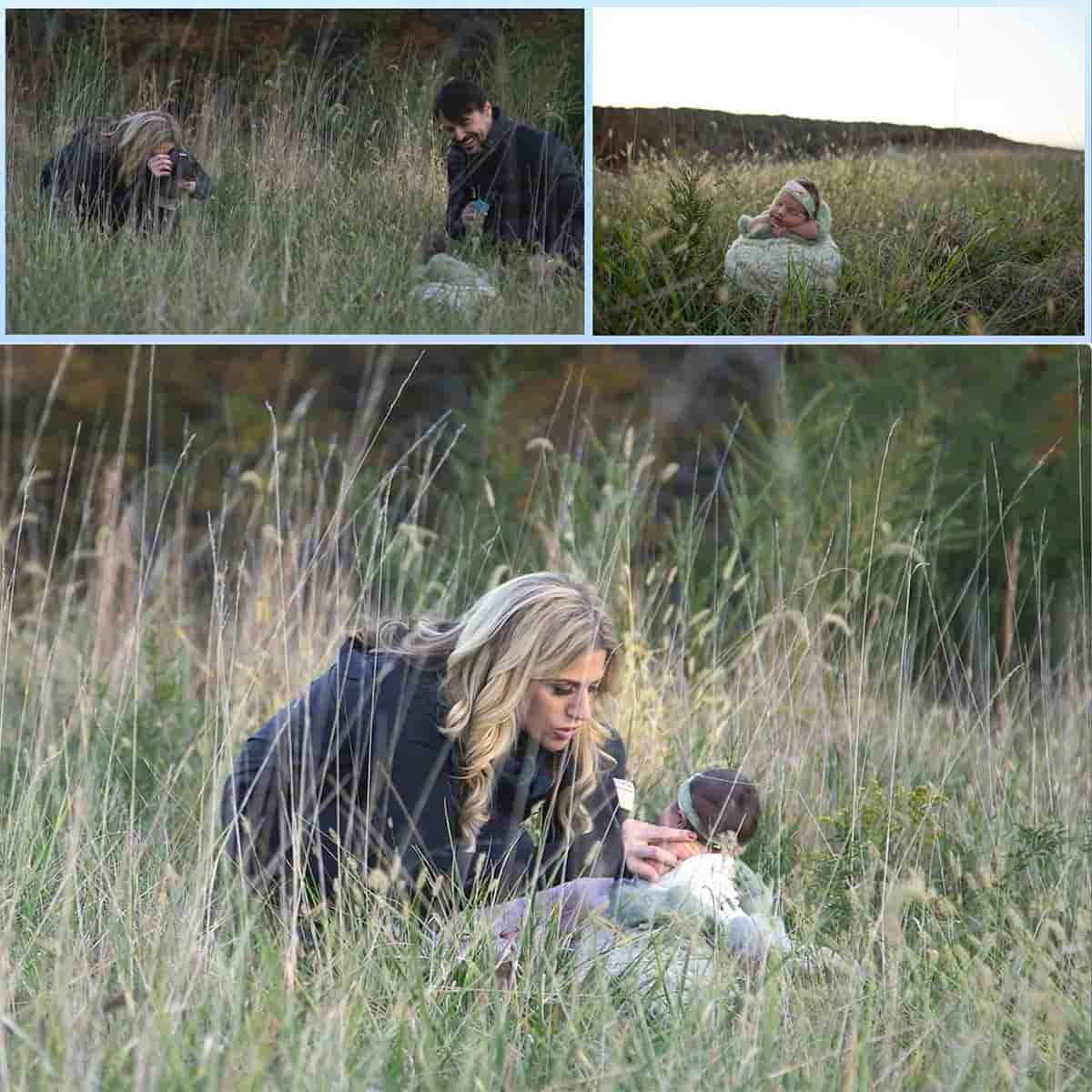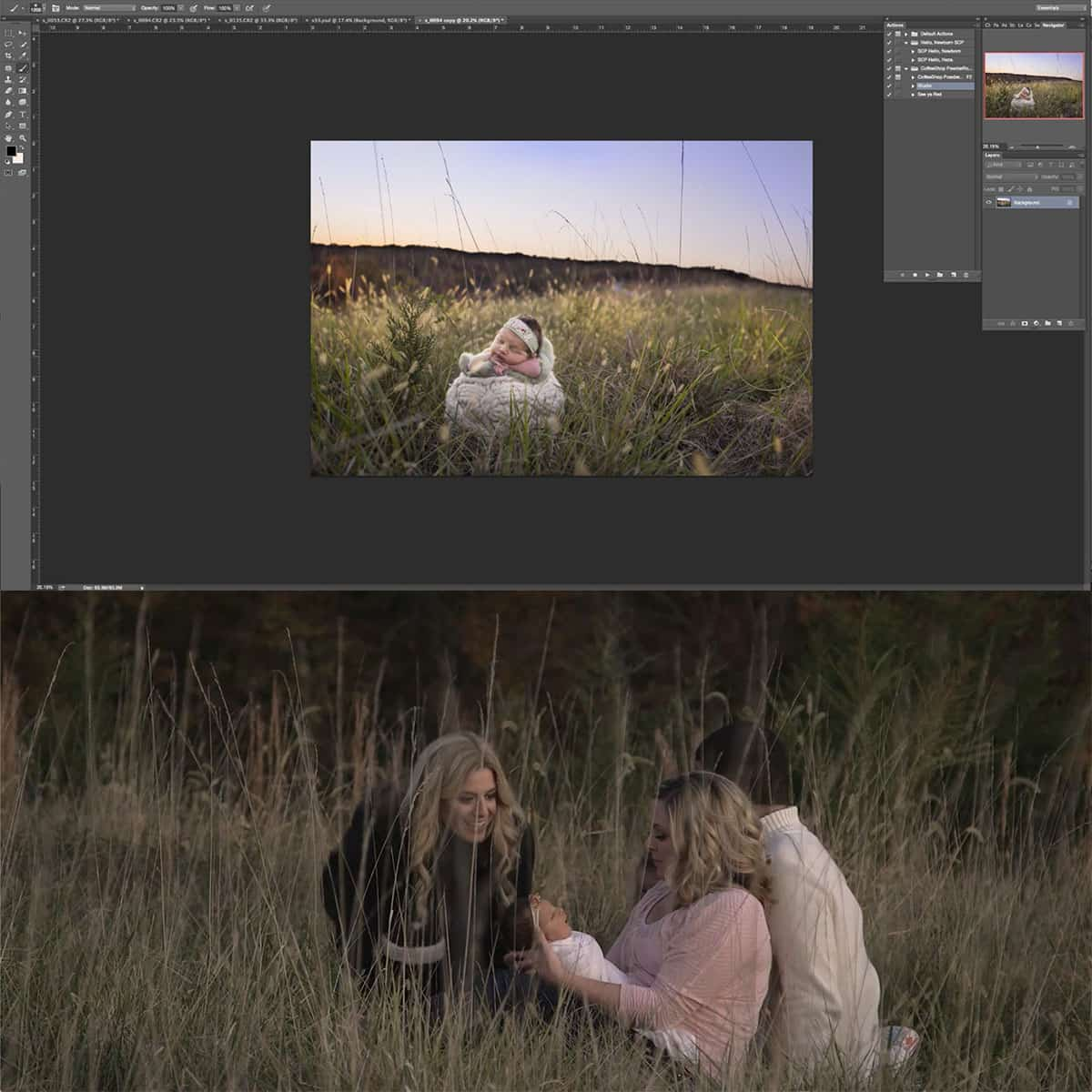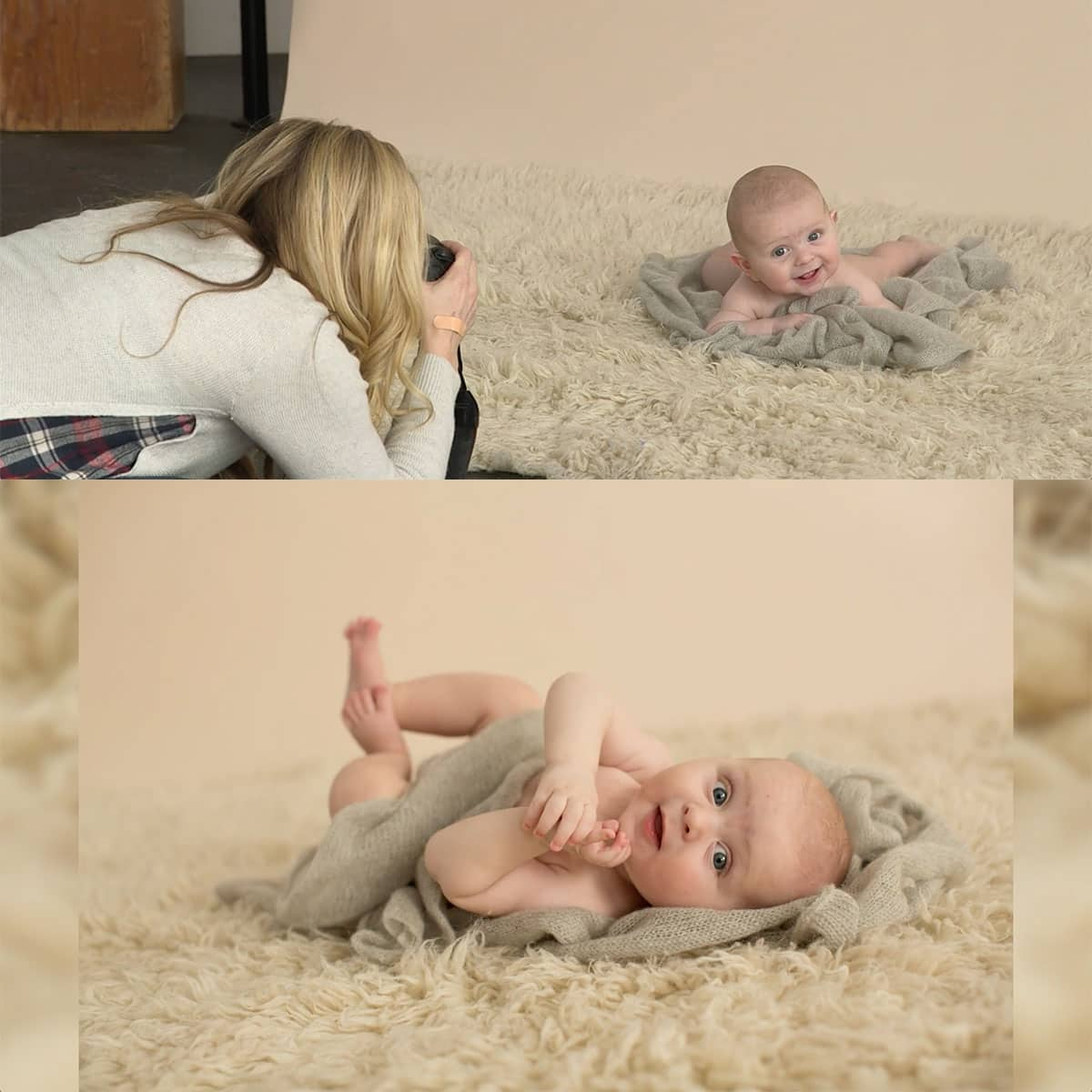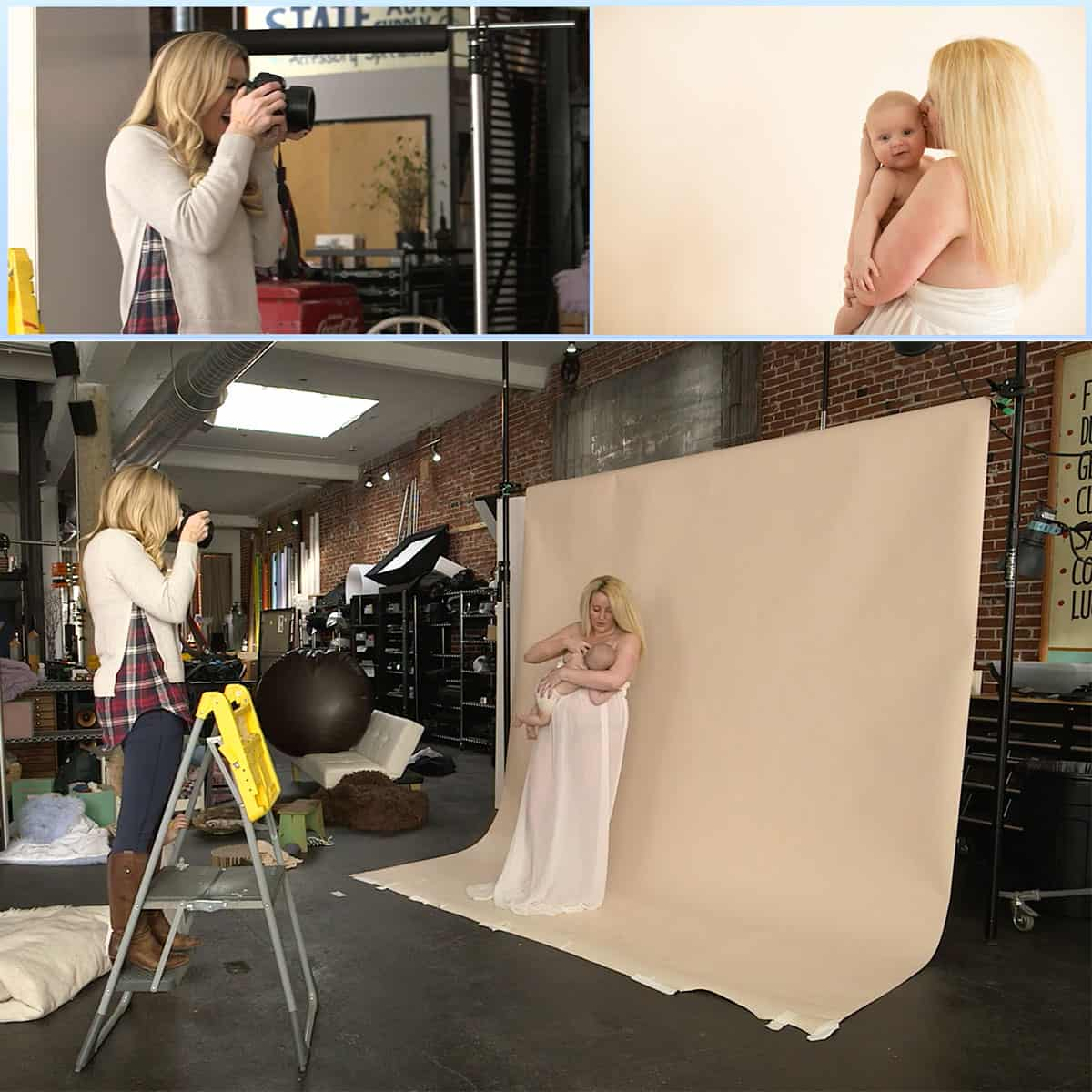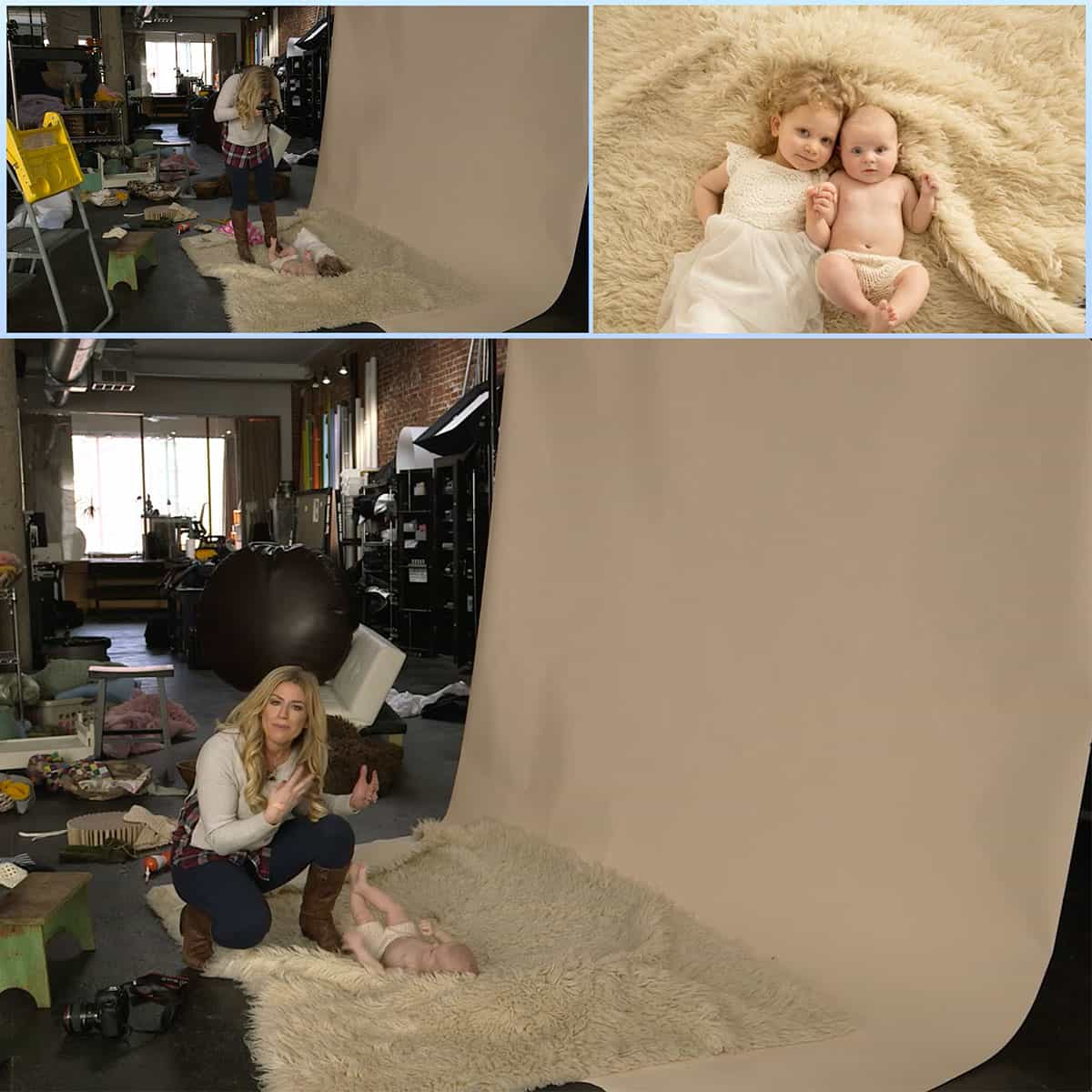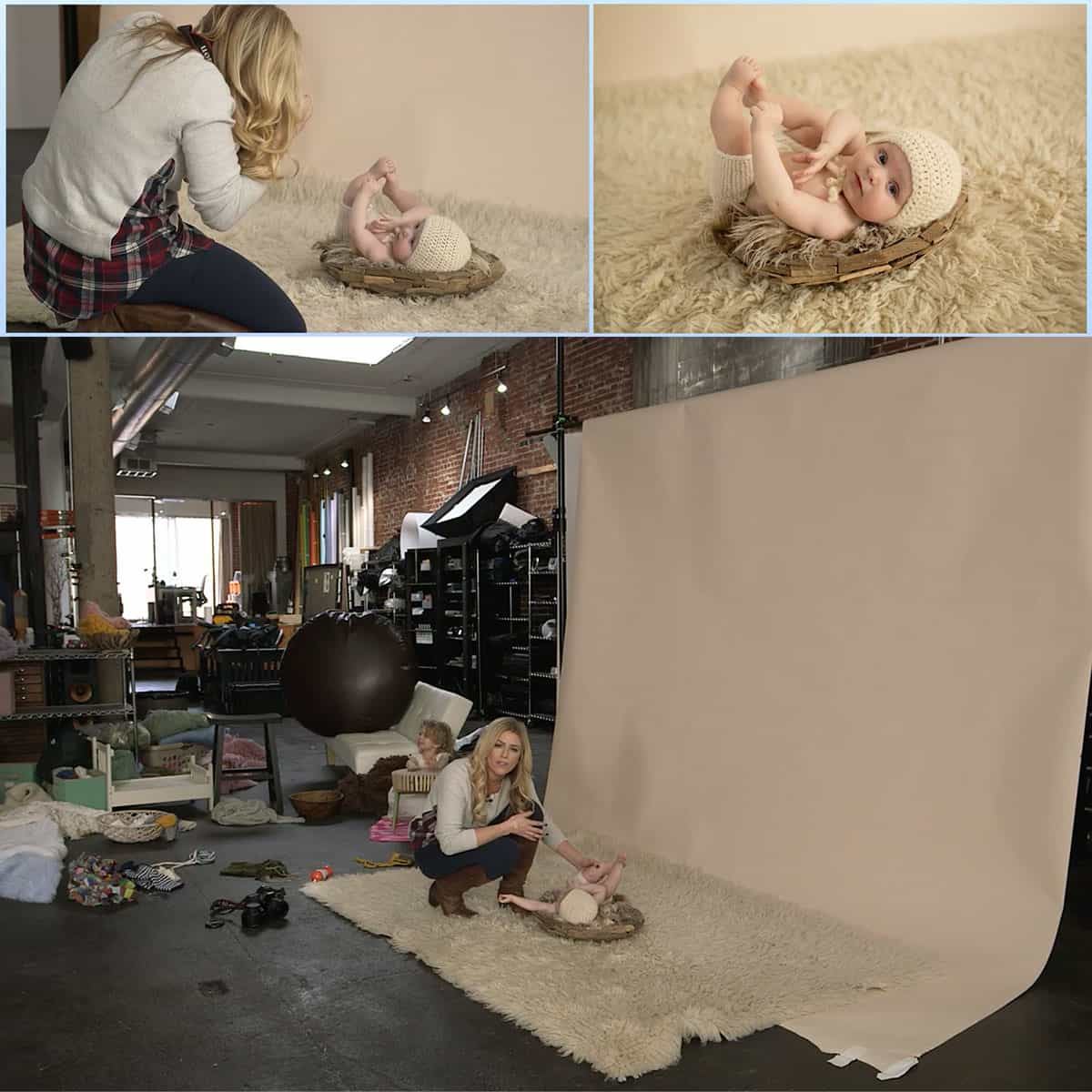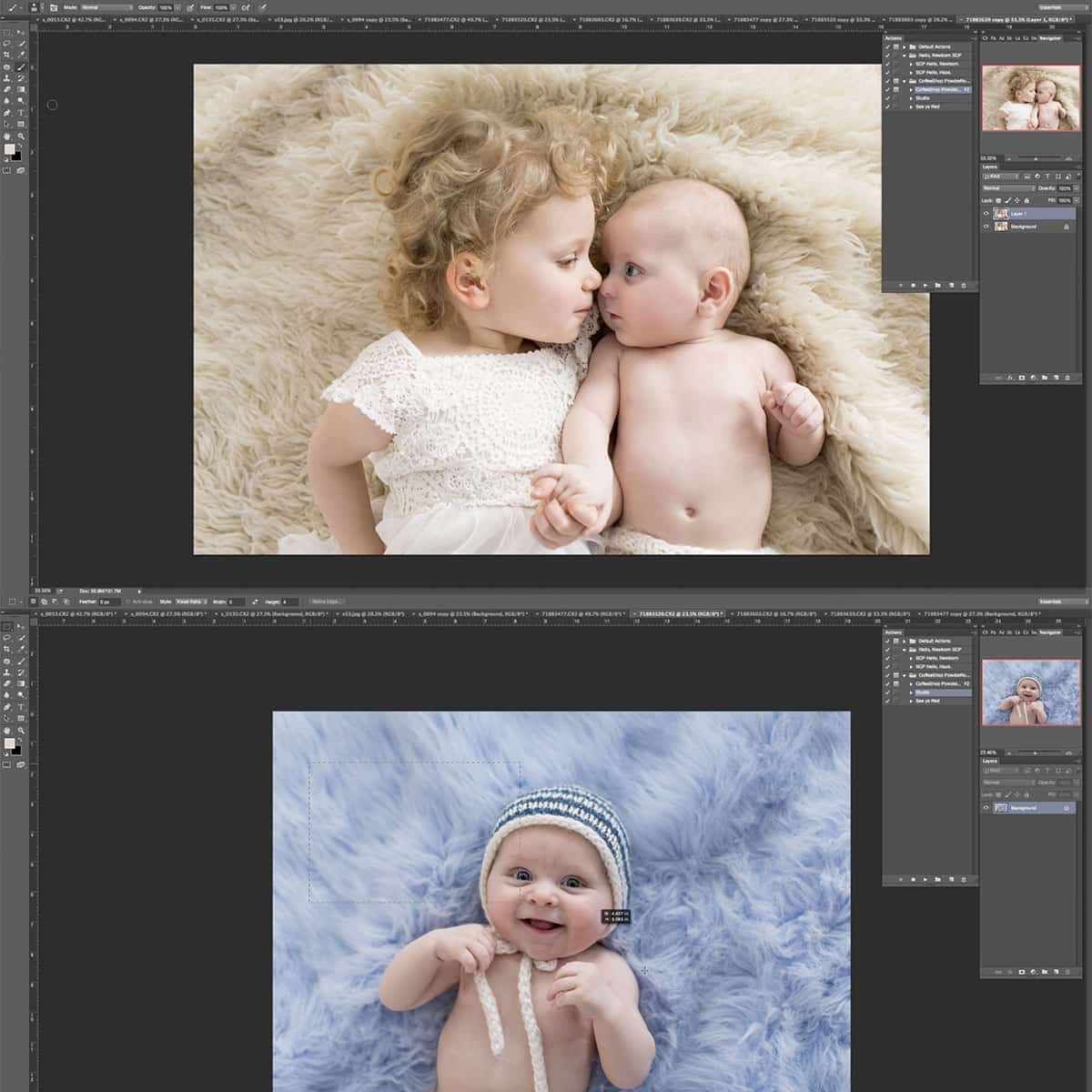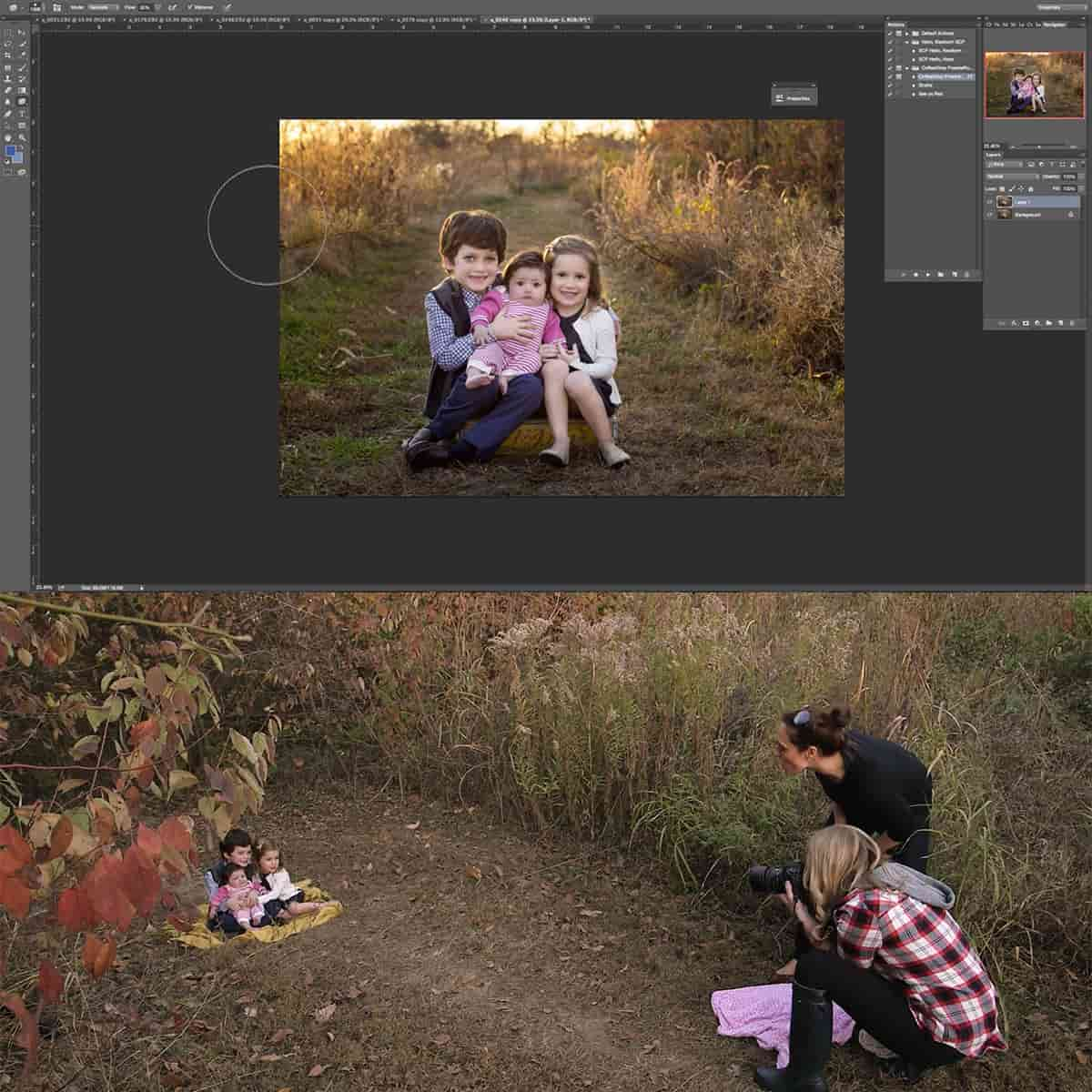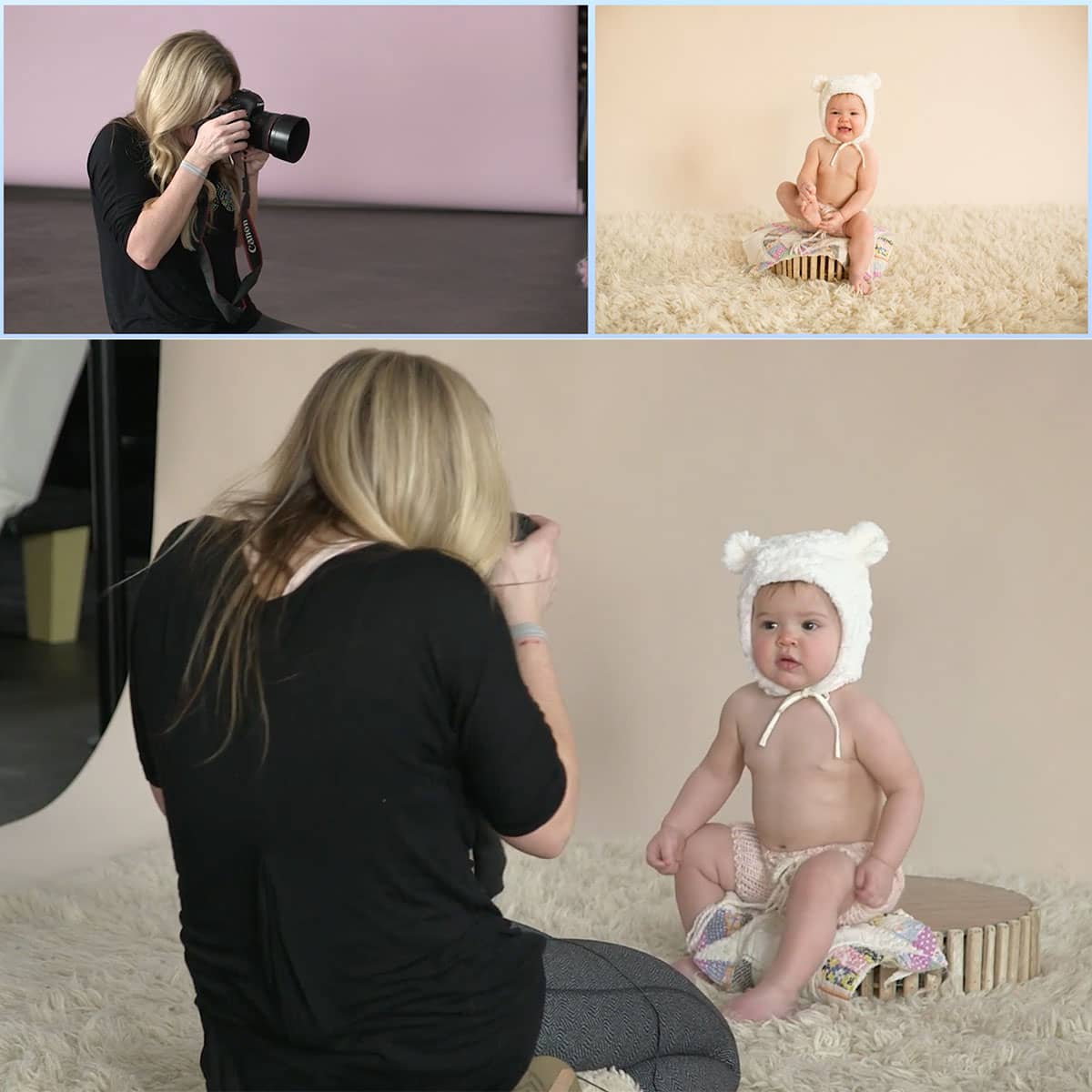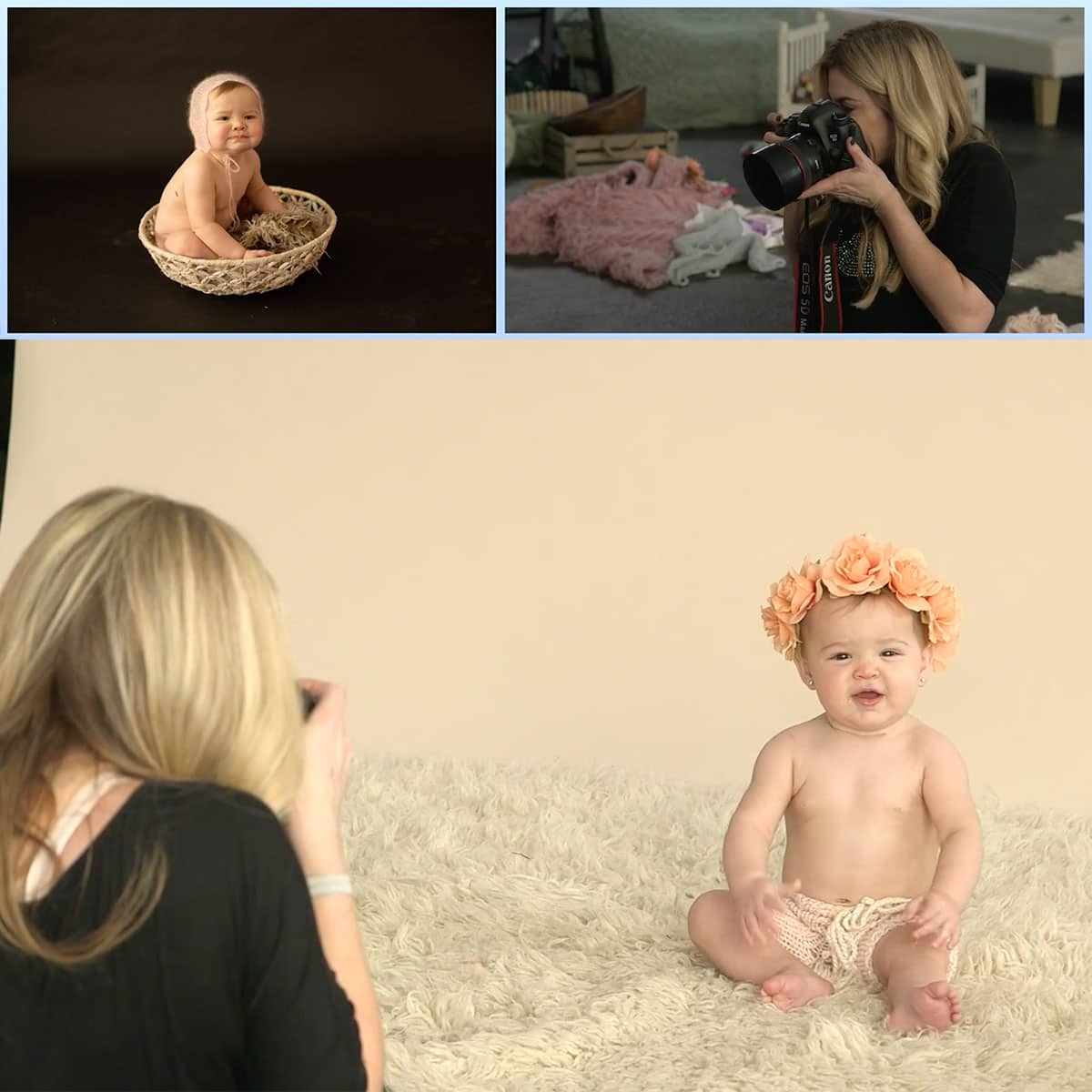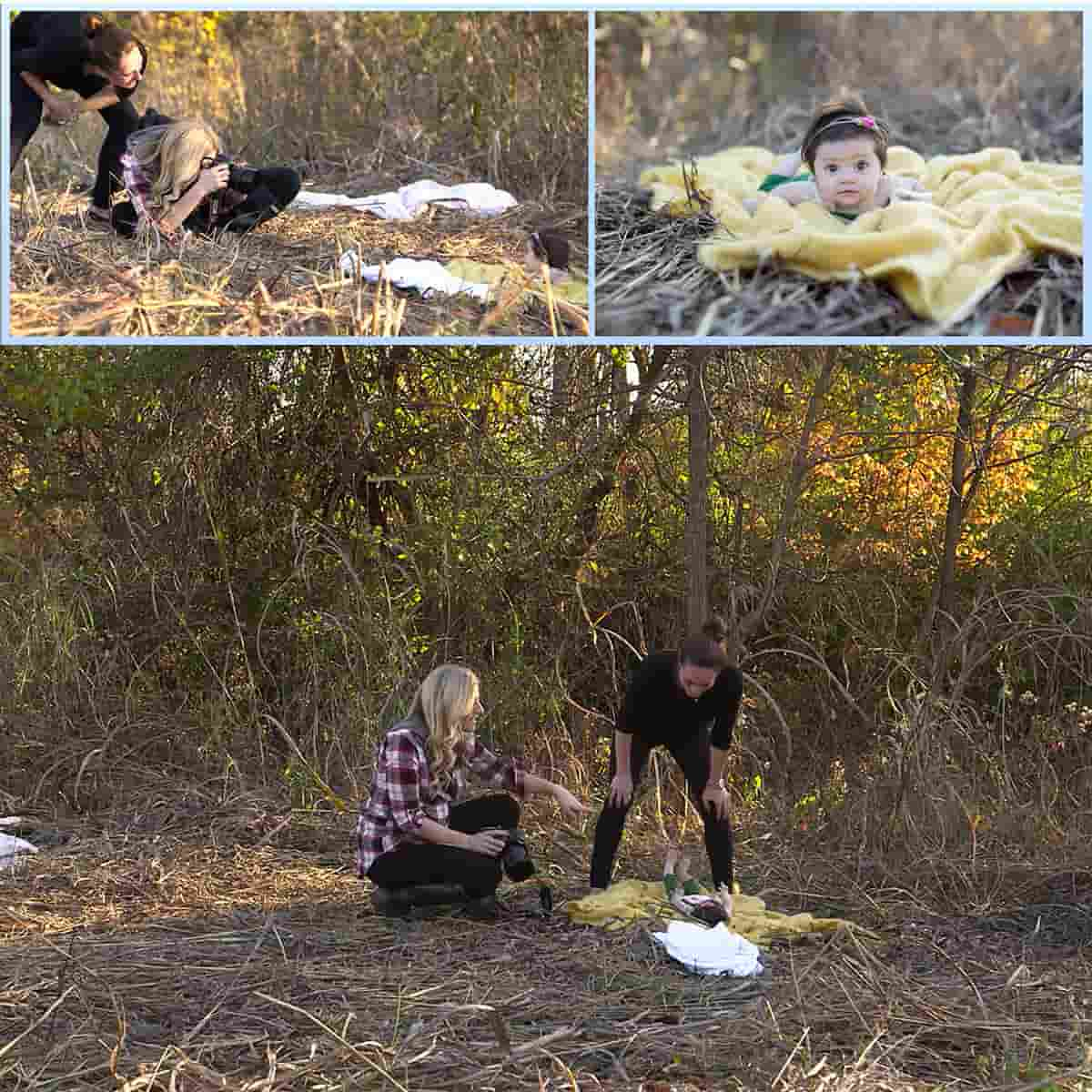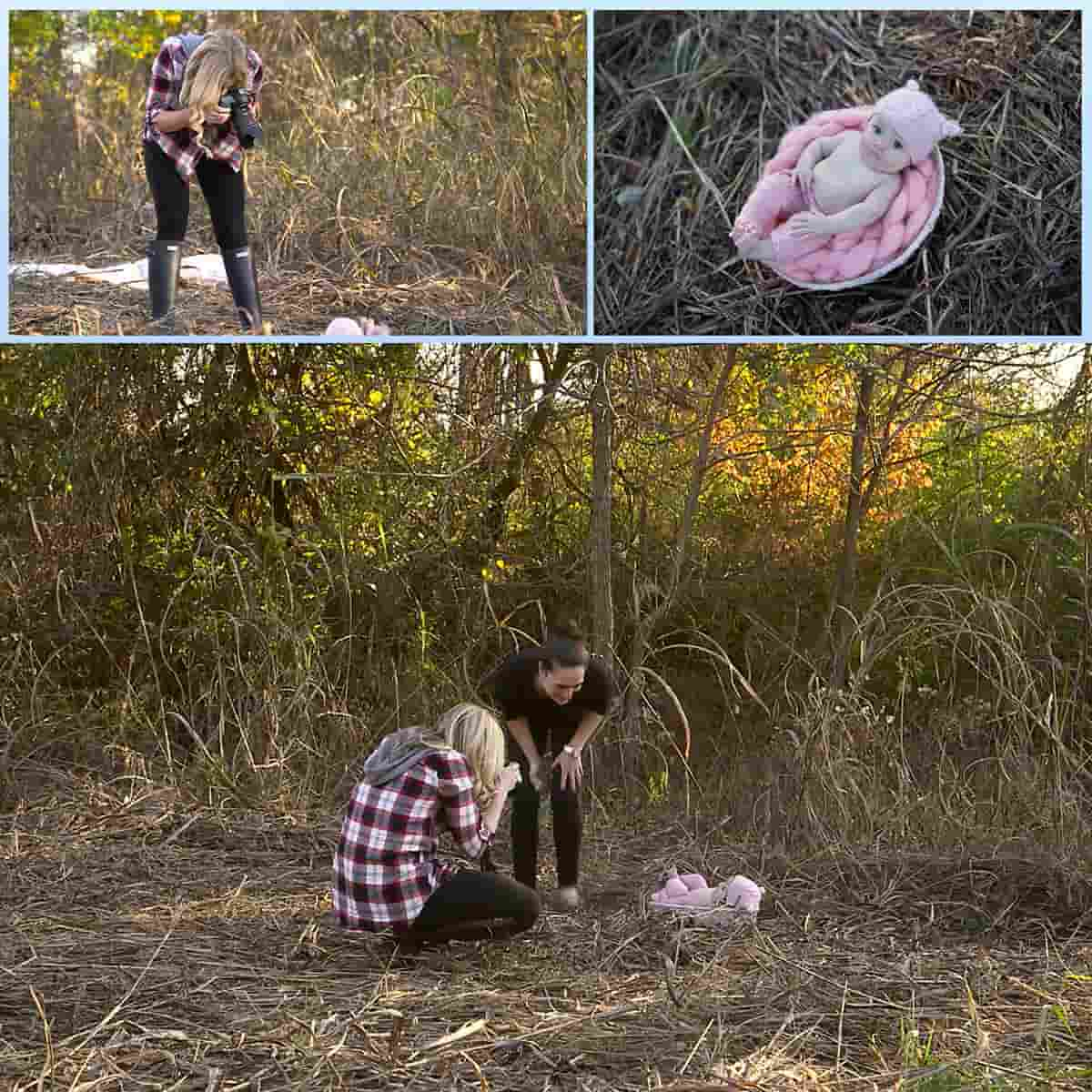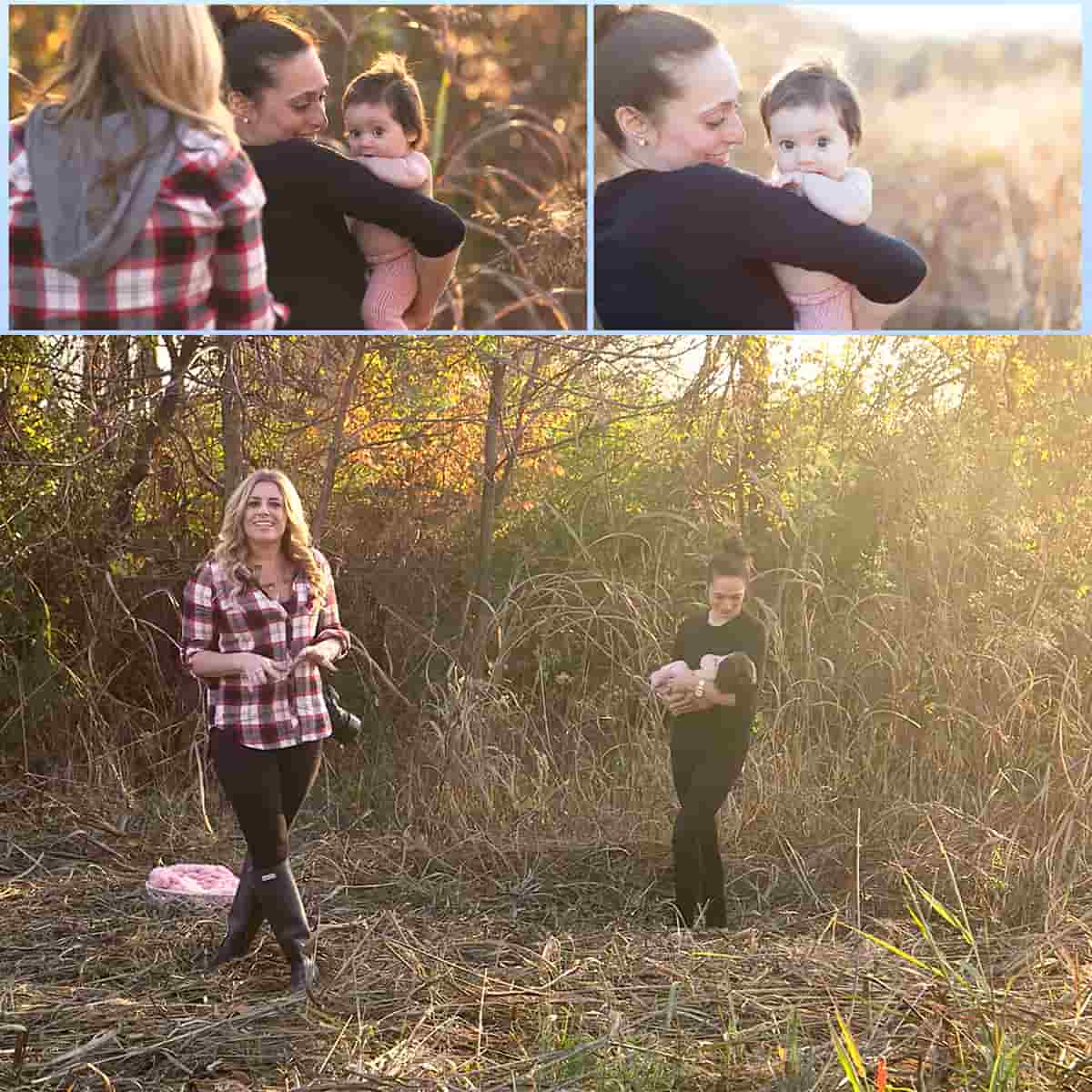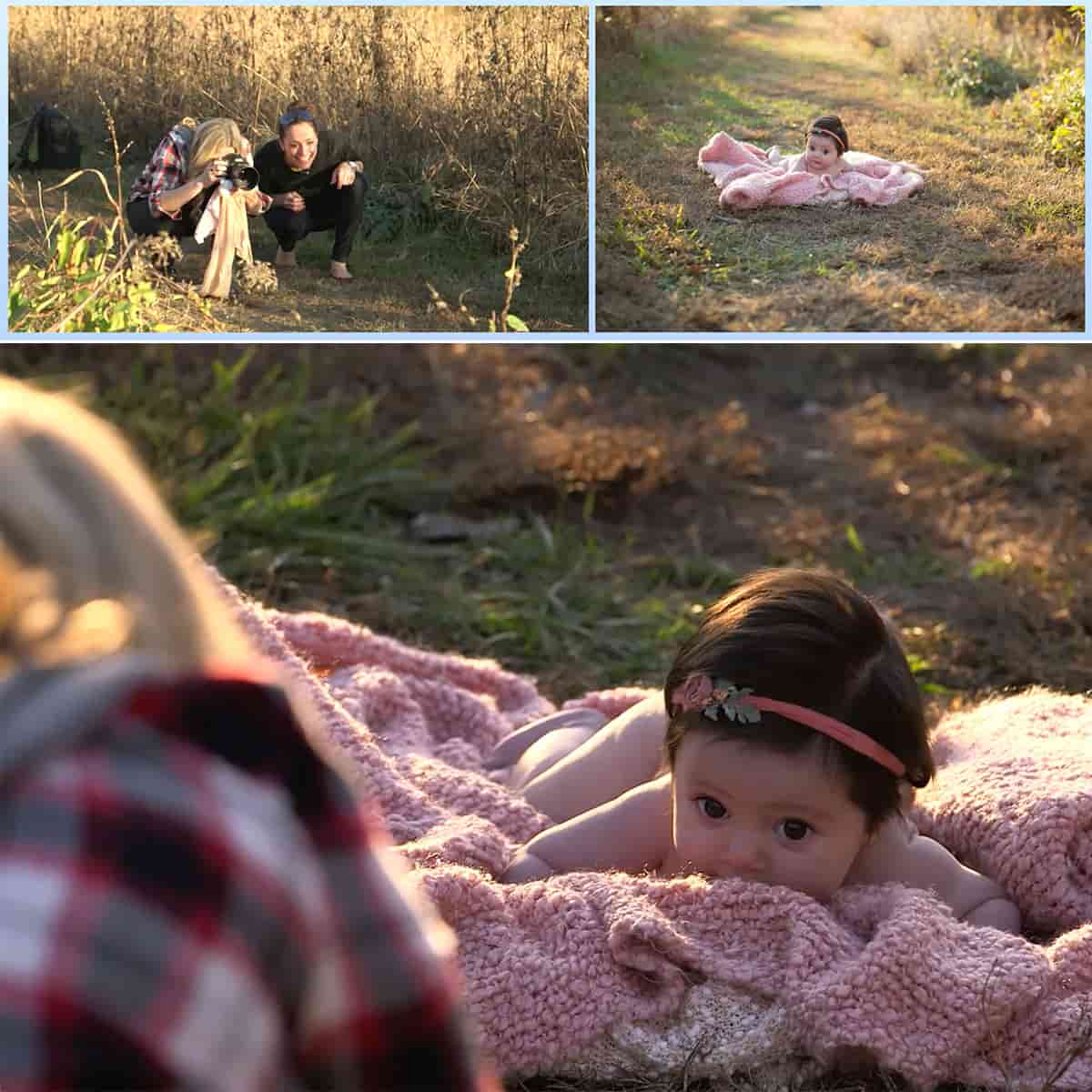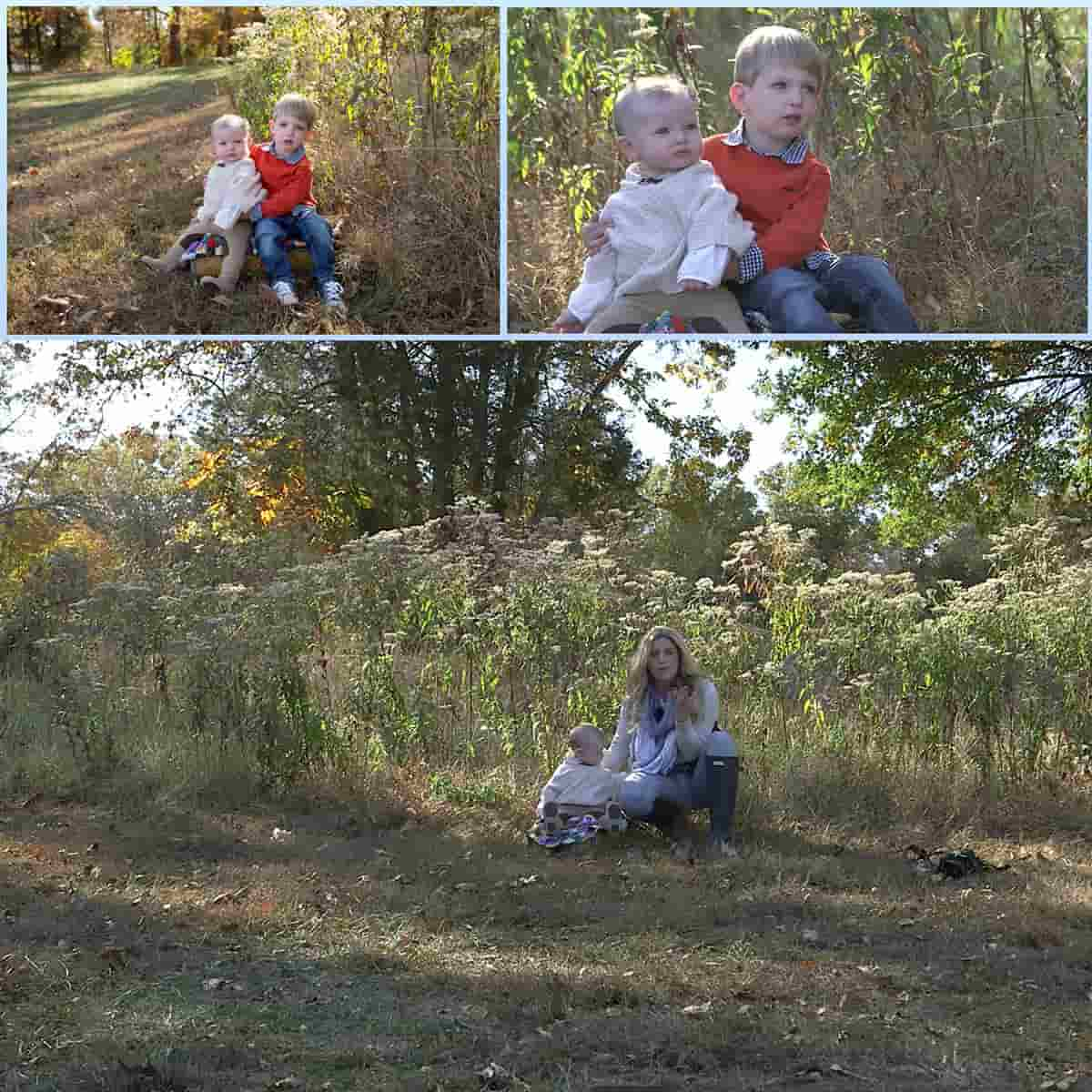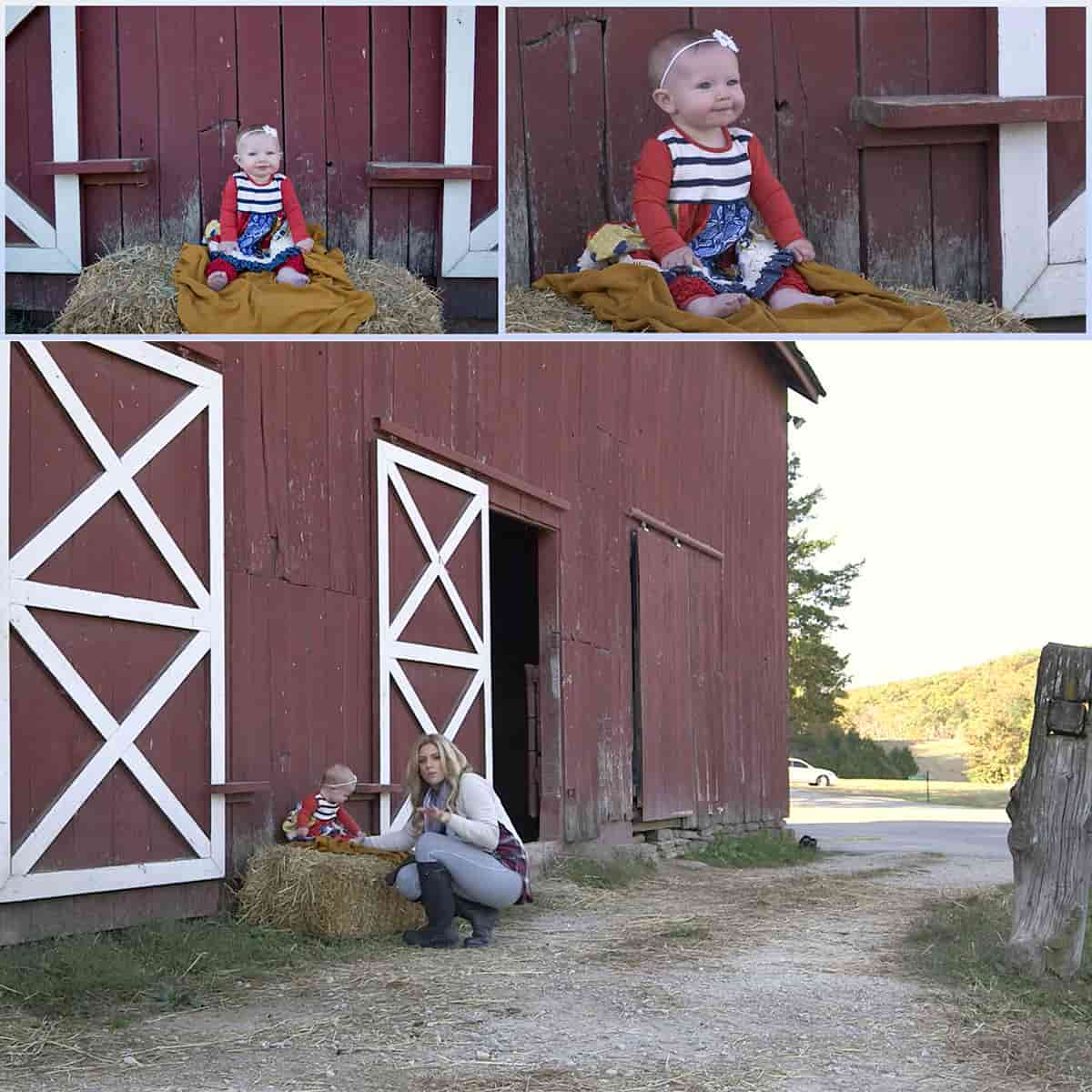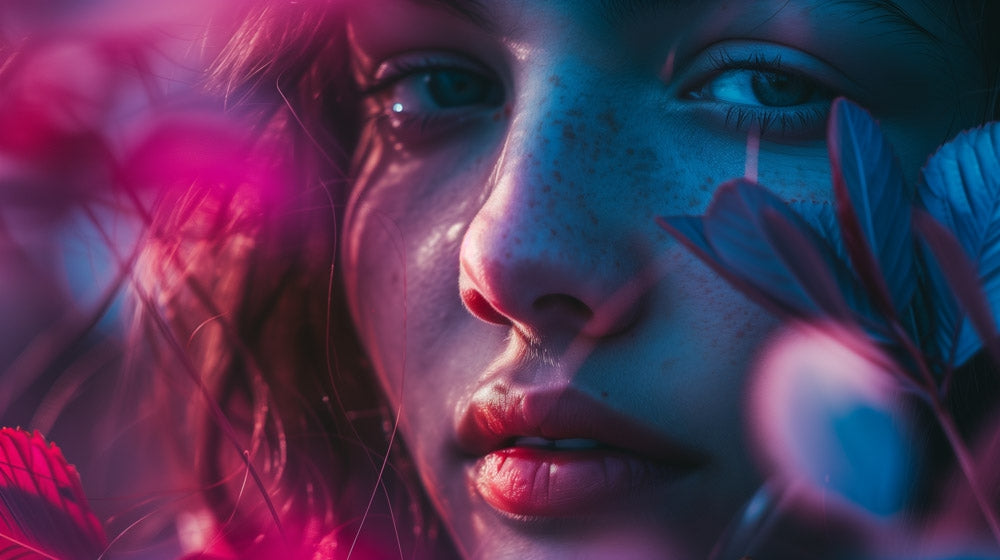Candid Photography: Capturing Authentic Moments in Everyday Life
Candid photography is a genre that focuses on capturing authentic moments and genuine emotions without the subject being aware of the camera. This type of photography allows us to document life as it occurs naturally, celebrating the beauty in everyday interactions and unscripted events. By avoiding forced poses and staged scenes, we are able to achieve a more realistic portrayal of our subjects and the moments we witness.
As photographers, we often strive to capture the essence of the human experience, and candid photography offers us the opportunity to do just that. To create compelling candid images, it's crucial to develop strong observational skills, practice discretion, and master various techniques that help us blend into the background. In doing so, we are able to freeze moments in time that truly capture the authentic emotions and stories unfolding before our eyes.
Key Takeaways
- Candid photography focuses on capturing genuine emotions and authentic moments.
- Mastering observational skills and discreet techniques is essential for success in this genre.
- Candid images offer a realistic portrayal of subjects and their experiences.
Techniques for Authentic Candid Photography
Camera Settings and Equipment
To capture those spontaneous moments, we need to set our camera to be ready at all times. Consider using a higher ISO setting in low light situations, allowing for faster shutter speeds to avoid motion blur. A balance between ISO, shutter speed, and aperture plays a crucial role in achieving sharp, well-exposed images. Additionally, the use of unobtrusive lenses such as a compact zoom lens or a prime lens can help keep the camera inconspicuous.
For those using DSLR or mirrorless cameras, investing in the right equipment can significantly improve the results in candid photography. Research and choose lenses that suit your style and subject matter, as well as consider having a backup body so you don't miss any moment due to technical issues.
The Art of Blending In
One of the keys to capturing authentic, unposed shots is mastering the art of blending in. Being discreet and unobtrusive allows you to capture your subjects in their most natural states. Dress in a way that doesn't draw attention and try to keep a distance from your subjects by using a zoom lens. Avoid using flash whenever possible, as it can be a dead giveaway and disrupt the moment.
Capturing the Perfect Moment
The essence of candid photography lies in anticipation and timing. By observing the scene, we can often predict when an emotion, expression, or interaction will occur. Train yourself to be ever-present and ready to capture those perfect, unscripted moments when they happen. Behind each memorable candid photograph, there are countless missed opportunities – but as we hone our anticipation skills, our success rate will grow.
Utilizing Natural Light
Natural light is a key element of candid photography. The golden hour – the hour after sunrise and the hour before sunset – offers soft, warm, and diffused lighting that can make the difference in capturing an unforgettable candid moment. Avoid harsh shadows by choosing the right angles and seeking shade in overly bright scenarios. Mastering the use of natural light not only adds visual depth and atmosphere to our images, but also preserves the authenticity and integrity of the moment.
Types of Candid Photography
Street Photography
Street photography is all about capturing the essence of everyday life in urban environments. With a focus on people, architecture, and the unique aspects of city living, street photographers aim to document candid moments as they unfold. Capturing these shots involves being stealthy, anticipating moments, and being always ready with our camera to seize the authentic moments that make street photography so fascinating.
One technique we can use in street photography is to blend in with the surroundings, making our presence less noticeable. In this way, we can capture images that portray the true essence of urban life.
Wedding and Event Photography
Wedding and event photography are popular fields for candid photography. As wedding photographers, our aim is to capture the joy, emotions, and unique moments that unfold during these events. We understand that posed photographs may feel unnatural, so capturing candid moments allows us to create a visual representation of the genuine experiences shared by the individuals, couples, and children in attendance.
At events, we keep our cameras at the ready, constantly scanning the space for memorable interactions and heartfelt reactions to create a compelling visual narrative.
Creating Impressive Portraits
Candid photo sessions can also be an excellent approach to creating impressive portraits. Portrait photography doesn't have to be strictly posed; candid moments often result in more intimate and expressive photographs, as the subjects are less self-conscious.
Whether it be individuals, couples, or children, we utilize our familiarity with the environment and the subject's personality to capture authentic, emotional moments. By focusing on genuine interactions and expressions, we create portraits that showcase the subject's true character and emotions.
Capturing Emotions and Genuine Interactions
Capturing Genuine Emotions
In candid photography, capturing genuine emotions is essential for creating authentic and emotional images. To achieve this, we must observe and pay close attention to what's happening around us, focusing on body language and facial expressions1. A key aspect in candid wedding photography is identifying those heartwarming moments and connecting with the people, building trust and confidence, so they can continue to express themselves naturally2.
Capturing Authentic Interactions
Genuine interactions play a significant role in making candid photos feel lively and engaging. We must be patient and unobtrusive, allowing people to communicate with each other naturally, leading to true and meaningful connections. It's essential to develop an encouraging environment, where subjects feel at ease in front of the camera. This approach allows capturing the true essence of the moment, truly reflecting the emotions and interactions between the people involved3.
Post-Processing in Candid Photography
Editing and Enhancement
In candid photography, we often focus on capturing authentic moments, but post-processing plays a significant role in enhancing the final output. One of the essential aspects is color correction, which helps us maintain consistency and set the mood of the photograph. We can adjust the brightness, contrast, and saturation to create a more visually appealing and well-balanced image.
Another critical factor while editing is noise reduction and sharpening, which improves the overall image quality. When working with candid shots, we might encounter low light from our surroundings, resulting in grainy images. By applying noise reduction techniques, we can eliminate the grain, while sharpening helps maintain the clarity and details of the photograph.
Cropping for Storytelling
Cropping is an essential tool in post-processing that can greatly impact the storytelling aspect of candid photography. By strategically cropping an image, we can draw the viewer's attention to the main subject or emotion, eliminating any distractions or unwanted elements from the frame.
For example, consider the following cropping guidelines:
- Rule of Thirds: Divide the image into a 3x3 grid and place the subject on the grid's intersection points to create a visually appealing composition.
- Leading Lines: Crop the image to emphasize lines or paths that guide the viewer's eyes towards the main subject.
- Framing: Crop to emphasize natural frames, such as doorways or windows, which can make your image more visually interesting and further emphasize your subject.
By applying these editing and cropping techniques, we can elevate our candid photography, effectively conveying the emotions and stories within the captured moments.
Frequently Asked Questions
What are the key techniques for capturing authentic moments?
There are several techniques that can help us capture authentic moments in candid photography. For instance, using a telephoto lens allows us to photograph subjects from a distance, ensuring they remain unaware of our presence. Additionally, observing and anticipating interactions can help us be prepared to capture the perfect moment.
How do you achieve the right balance of spontaneity and composition?
To achieve the right balance, we need to combine our instincts with an understanding of photographic principles. Capturing spontaneous moments is essential in candid photography, but it's equally important to consider elements like lighting, angles, and background. By maintaining awareness of our surroundings and practicing good composition, we can create well-rounded, visually appealing candid images.
What role does timing play in candid photography?
Timing is crucial in candid photography, as genuine moments can be fleeting. It's essential to be patient and observant to recognize the right instance to click the shutter. Developing a sense of anticipation and instinct in recognizing genuine emotions and interactions will improve our aptitude for capturing authentic moments.
How can you make your subjects feel comfortable for natural photos?
To help subjects feel at ease, we can use approaches such as blending into the environment or engaging in casual conversations. This allows them to relax and reveal genuine emotions and expressions, giving us a better chance to capture natural photos.
What are the ethical considerations when taking candid shots?
When photographing people without their explicit consent, we must ensure that we're respecting their privacy and not causing any discomfort or harm. Be mindful of the situations and subjects being captured, and consider their feelings. Avoid compromising positions, and always respect cultural norms and expectations.
How can you develop your skills in capturing authentic moments?
Improving our skills in candid photography involves practice, patience, and a willingness to learn. Study the works of accomplished candid photographers and observe how they approach their subjects. Experiment with different techniques and settings and practice in various environments to build a strong understanding of the art. Lastly, be open to feedback and critique from others to help refine and develop our skills.





